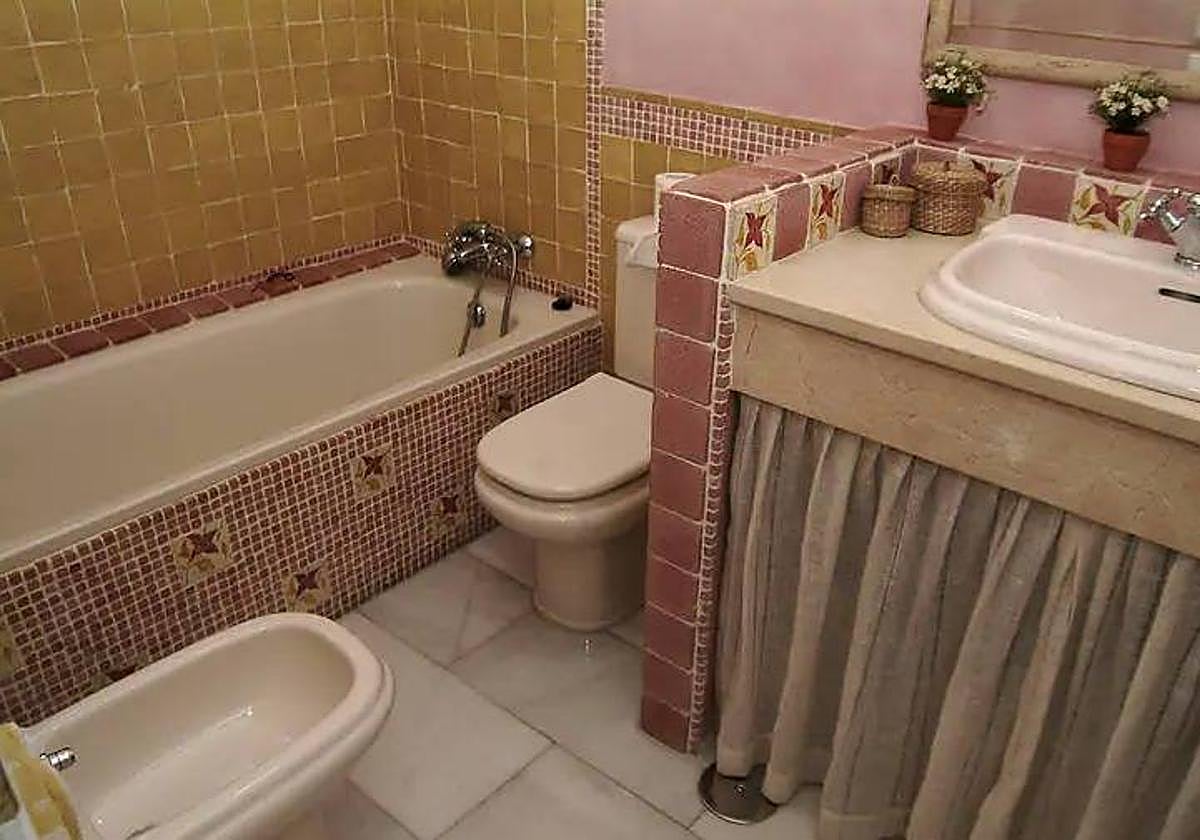Zamora, one of the last regional capitals in Spain where it is compulsory to install a bidet
The town hall demands them as an essential element of a bathroom in the city
Ignacio Repilado
Sunday, 12 November 2023
They probably do not exist anymore in the majority of households and perhaps the youngest generation do not even know they exist. A bidet is a strange mix between a toilet and a tap that you can still find in bathrooms at some parents' or grandparents' homes across Spain.
Originally designed for personal hygiene, the bidet now seems like something from the second half of last century. Nowadays it is not common to find them in bathrooms of newly-built or recently renovated homes.
However, while for many Spanish cities the bidet seems destined for extinction, in the capital of Zamora it not only lives on, but it is mandatory to have one. At least this is stated in the General Urban Development Plan (PGOU) in 2011 in article 72: "All single-family housings shall have an area of use greater than 20m² with the following minimum qualities (...) complete bathroom, consisting of a sink, toilet, bidet and shower". Although this regulation dates back to 1986, it continues to be mandatory if you want to obtain the first occupancy licence.
According to the PGOU of other cities, like Valladolid, specifically in Article 328 we can see that, in reference to the bathroom, it demands that it includes "a wash basin, toilet and a bathtub or shower". Not a sign of a bidet.
After contacting Zamora's delegation in the Official Architects' Association in León (el Colegio de Arquitectos de León) by email, they said that this unique regulation is indeed mandatory and, therefore, "the municipal technical reports that are written up have the obligation to ensure its compliance".
We found similar cases in other cities. In the PGOU from the city of Ávila, it mandates that toilets have minimum dimensions of 1.5 square metres, however there is no specification on what elements it has to include.
Having a look at Madrid's regulations, we can learn that toilets "should include a minimum of a sink, toilet and a shower", as indicated in chapter 4.12.
The Architects' Association of León states that, in their opinion, "the regulations are outdated, therefore we will propose a change at the next meeting with the town hall, as well as other changes we deem necessary." However, they recognise that this process will take time, as it comes under approved planning.
At the moment it seems that in the city of river Duero, the bidet will continue to be normal, contrary to the rest of the country. The town hall has admitted that this rule is a bit away from reality, however changing it is not urgent, given that there are practically no new buildings.
